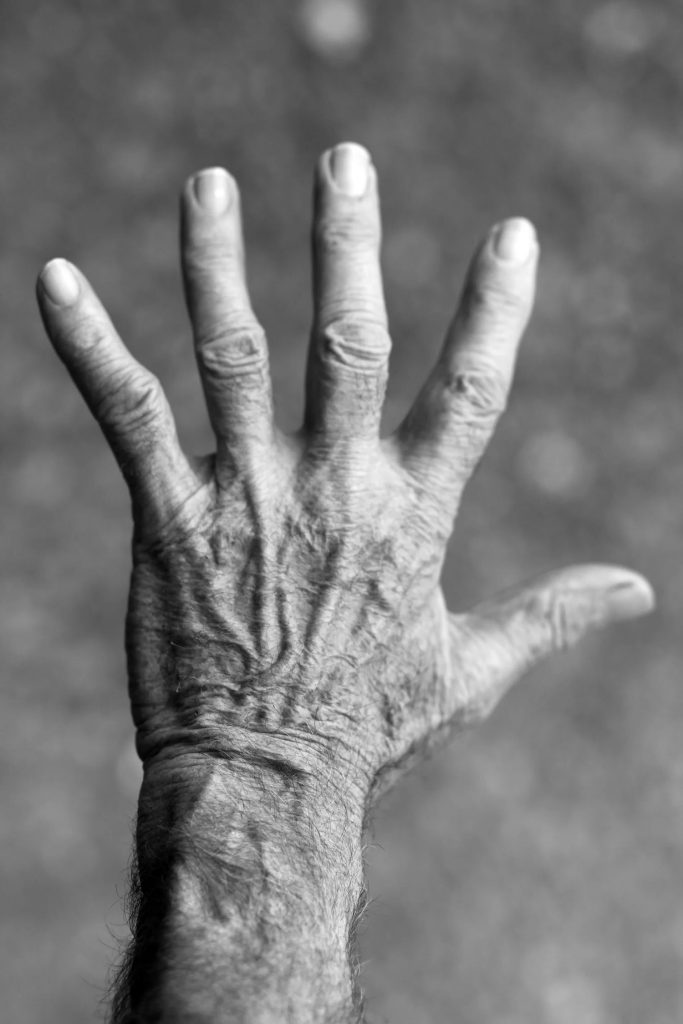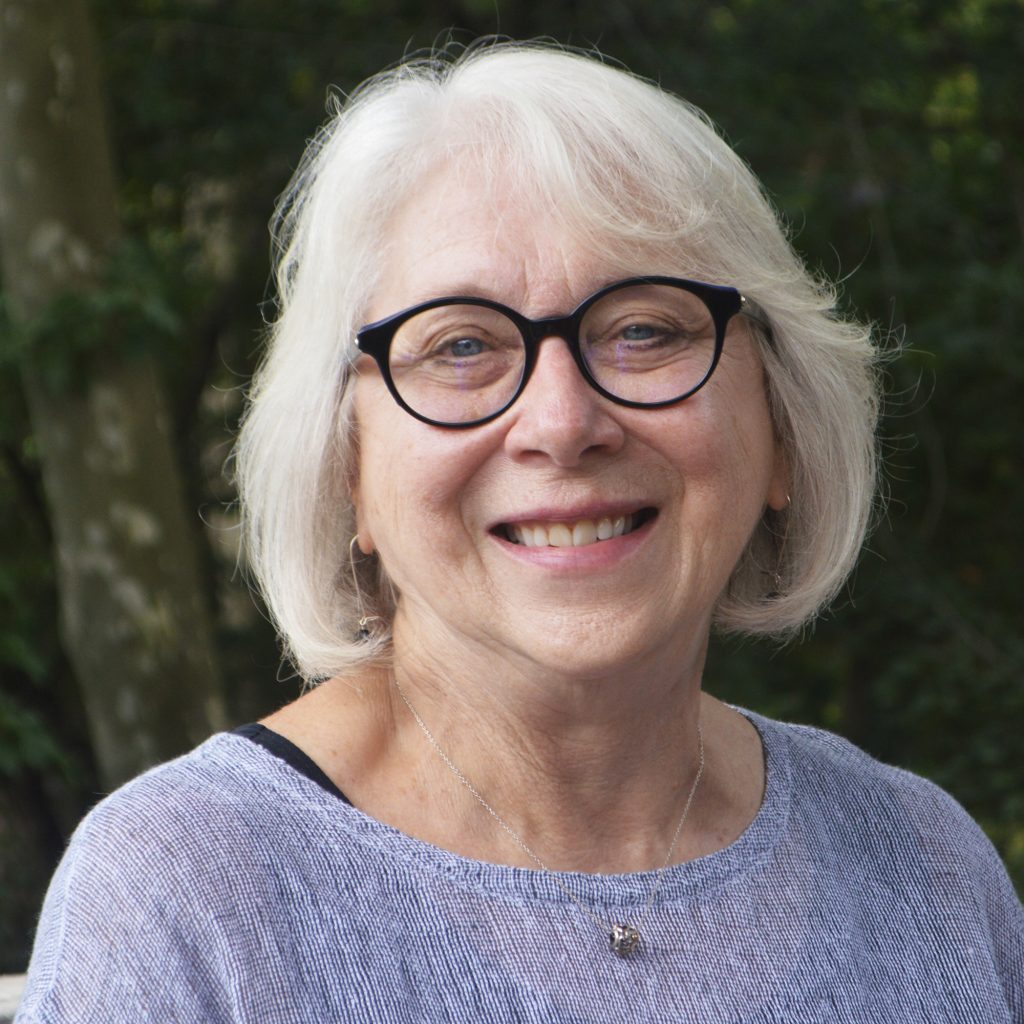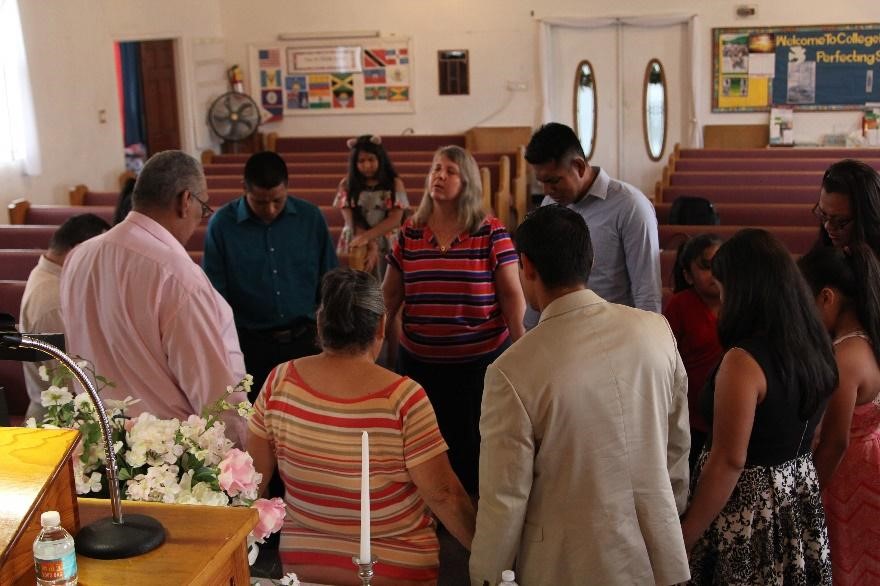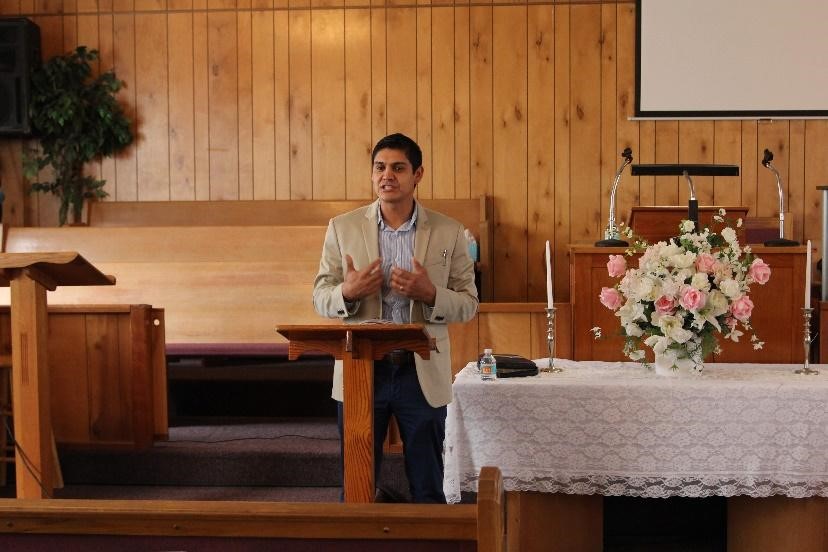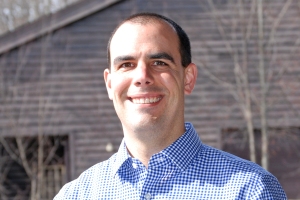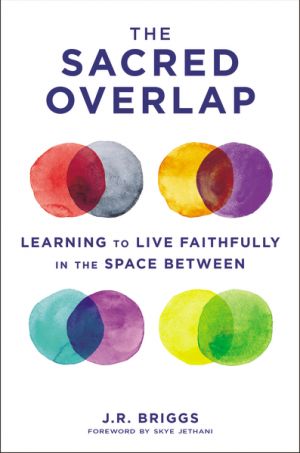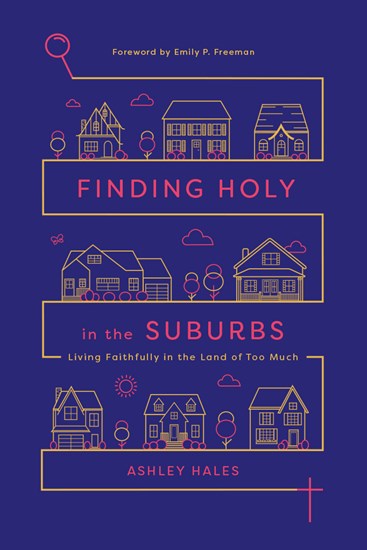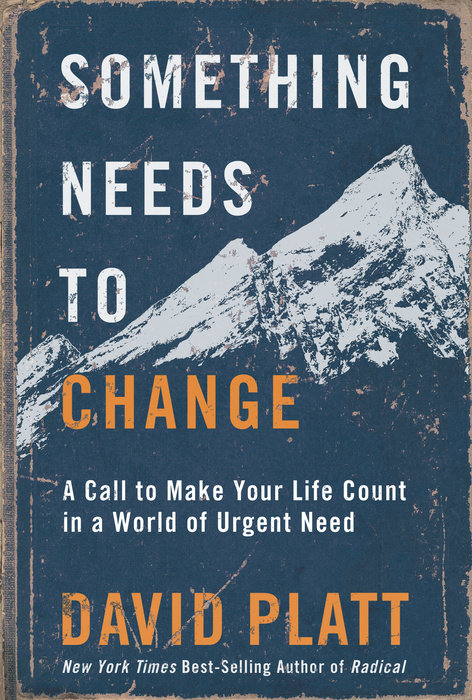By Noel Santiago

I want to appreciate, affirm, and acknowledge all Mosaic pastors and the hard work they do, giving of themselves to help guide us in the way of Jesus. I also acknowledge the families of these leaders who give of themselves unselfishly in many ways.
I was inspired by an article by Sarai Rice, How to Manage Expectations. “Your ministers may look OK, but they are not. All ministers, even those who thrive on challenges, are by now exhausted, anxious, and at least intermittently depressed,” wrote Rice. “Ministers need affirmation and affection right now.”
Not every minister is experiencing this, but we certainly understand that ministers have had many challenges over the past two plus years. “Ministers have moved mountains -taking congregations from minimal technology to fully virtual in a matter of weeks, becoming experts on mask quality, air exchange, and disinfection … all while being pressured, disrespected or ignored by people who resist their efforts to keep themselves and their members safe,” Rice reflected.

“Your ministers may look OK, but they are not. All ministers, even those who thrive on challenges, are by now exhausted, anxious, and at least intermittently depressed,” wrote Rice. “Ministers need affirmation and affection right now.”
Can anyone identify?
Pastors had to figure a lot out quickly and succeeded. But these unexpected realities, which required a lot of creative energy, were done in addition to normal responsibilities. This added stress was often unknown to many in the congregation. Every step forward added another measure of exhaustion, possibly accompanied by an underlying fear that we may not be able to keep up this pace and manage all the anxiety that is present. There was less time to slow down to just be with and trust God.
Making decisions has also gotten harder. Data that churches have relied on to gauge fruitfulness (e.g., attendance) are no longer easily measurable. Budget decisions seem to take longer and feel riskier. Long-time members are suddenly ready to leave the church over disagreements that could have been worked at previously.
What can be done?
The Apostle Paul offers some instructions, “Live in peace with each other. 14 We encourage you, brothers and sisters, to instruct those who are not living right, cheer up those who are discouraged, help the weak, and be patient with everyone” (1 Thess. 5:13b-14, GW).
One of the best gifts we can give pastors is to live at peace with one another. How much work would ministers have if everyone were at peace with each other, not just at church but at home, work, school, and daily life?
How can we support our ministers? Rice suggests us “to manage expectations—yours and one another’s.”
Just for today …
let’s realize we all are doing our best.
let’s not curse each other—not our friends, ourselves, or even our cats.
let’s let go of our disagreements and embrace compromise.
Instead …
Let’s say thank you.
Let’s pray.
Just for today, let’s wait.
Let’s wait to complain.
Let’s wait before we send an impatient email.
Let’s wait in order to make space for breath and life and the movement of the Spirit.
Rice continues, “Let’s wait before expecting that we and our ministers always will work harder and go faster and be even more creative. Let’s slow down, find grace, and wait before expecting one more thing. There will be a better time.”
Perhaps the best support we can give our minsters is to grow in our own walk with the Lord, to not wait for the Pastor to “feed us.”
The ongoing fruitfulness of our congregations and ministries is connected to how we care for our ministers and their families. October is Pastors’ Appreciation month. Let’s give them the gift of living at peace with one another and continue all year long.
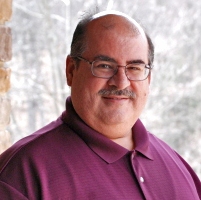
Noel Santiago
Noel Santiago is the Leadership Minister for Missional Transformation for Mosaic Conference.

